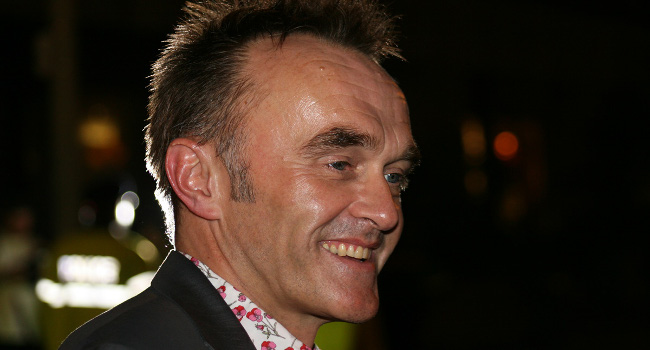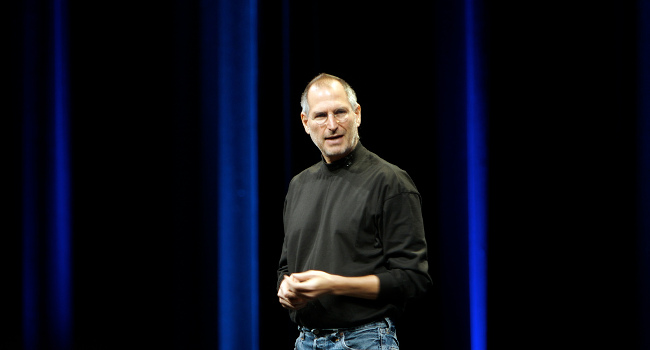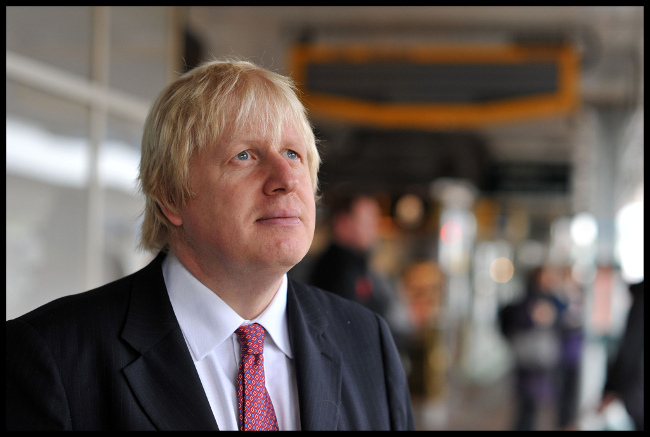For the past few months there have been agitations from the “anti-establishment” eurosceptics about the emergence of a Westminster alternative to the Leave.EU coalition.
And on Thursday night Vote Leave officially launched with a slickly cut campaign video and the backing of MPs from Ukip, Labour and the Conservatives (the Lib Dem members being europhiles):
https://youtu.be/0tItgGcWVHw
That list of MPs includes Steve Baker (Conservative), Douglas Carswell (Ukip), Kate Hoey (Labour). Kelvin Hopkins (Labour), Bernard Jenkin (C), Owen Paterson (C), and Graham Stringer (Labour).
Prominent donors backing the campaign include the likes of Tory donor Peter Cruddas, Labour donor John Mills, and Ukip donor Stuart Wheeler, who has gifted the fringe party some £700,000 over the last five years.
All of this is the work of Matthew Elliott, founder of pressure group the TaxPayers’ Alliance and the man behind the No2AV campaign that thoroughly trounced attempts to reform Britain’s voting system in 2011.
His other group, Business for Britain, was recently hedging its bets on the European question, claiming that it was waiting for prime minister David Cameron’s negotiations to finish before it made a decision to setup Vote Leave.
Indeed in an interview with BBC Radio 4’s Today show, Jon Moynihan of Vote Leave said of the changes his group wanted:
“We’ve now reluctantly come to the conclusion that those changes are not going to take place…what we want to achieve is a common market, not a political union.”
Neither group has chosen to include Ukip leader Nigel Farage as their champion, many fearing that he is too divisive a figure and that he might scare off potential leavers in the debate.
Ultimately only one side will be chosen as the main campaign group for leaving the EU, giving it access to greater funding.
An ICM poll cited in Vote Leave’s press release has 44 percent opting to leave compared to 39 percent opting to stay, the “leave” side having only gained the upper hand in recent months.
Image Credit – Vote Leave screenshot, October 2015




